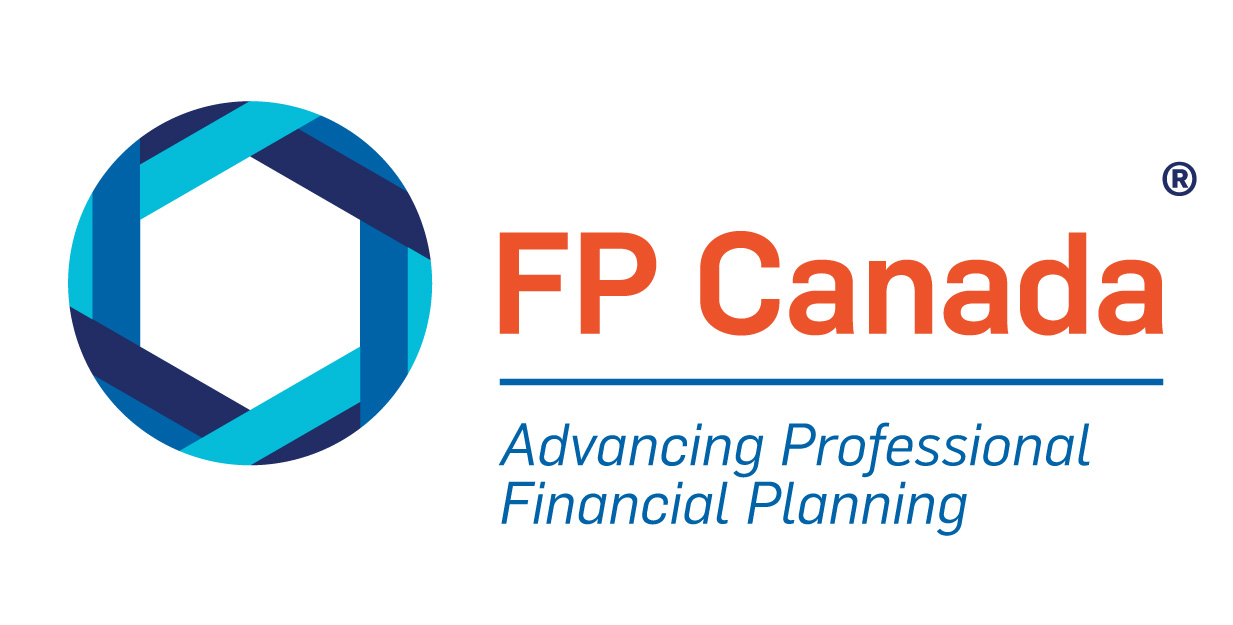Staying financially resilient has become more challenging for many households in recent years. Across the country, Canadians are feeling the effects of rising interest rates, inflation, and ongoing economic uncertainty. Groceries cost more, borrowing is more expensive, and long-term goals—like saving for a home, planning for retirement, or supporting children—can feel increasingly out of reach.
If you’ve been feeling stressed about your finances lately, you’re not alone. The good news is, being adaptable and taking small steps can help you regain a sense of control over your financial life. Here’s what you should know.
The Emotional Side of Financial Stress
Money is about more than just numbers — it’s tied to our sense of security, our hopes for the future, and (often) our identity. That’s why economic uncertainty can trigger strong emotional responses, including worry, guilt, frustration, or shame. Recognizing your emotions is a key part of building financial knowledge and confidence that can help you weather any storm.
Here are a few ways to regain clarity when things feel overwhelming:
- Focus on what you can control - You can’t control interest rates, but you can choose how you budget, save, invest and manage debt.
- Avoid constant news consumption - Constant exposure to negative news can heighten stress without improving your decision-making. Consider limiting the time you spend consuming financial news, try to ensure you’re consulting reliable sources, and remember that a financial planner can help you make sense of it all.
- Celebrate the little wins - Paying down part of a credit card debt, sticking to your monthly budget, or contributing to savings—even a small amount—can build confidence over time.
- Support your mental well-being – Sharing with a friend can provide a positive mental health boost, while reaching out to a financial planner can help you tackle financial stress with clarity and reassurance.
Rethinking Your Finances and Your Priorities
Uncertain times invite us to take another look at what matters most. For some, that might mean postponing a big purchase or adjusting savings goals. For others, it’s about getting back to the basics: protecting what you have and creating flexibility for whatever comes next.
Ask yourself the following questions:
- Does my spending reflect what’s truly important to me?
- Do I have a cushion for the unexpected?
- Is my current plan still realistic given what’s changed?
- Updating your plan doesn’t mean you’ve had a setback—it’s part of responsible financial management. Life changes, and your plan should evolve with it.
How Resilience Looks at Every Life Stage
Financial resilience looks different for everyone, and your approach will naturally shift depending on what life stage you’re in. But no matter your age—and what the economy looks like—it pays to take steps to prepare for the future.
Young Adults (20s–30s)
This stage is about building habits, not attaining perfection. Start with small, consistent actions:
- Build an emergency fund, even if it’s just one month’s worth of expenses.
- Avoid high-interest debt and use credit intentionally to build a strong credit history.
- Establish good saving and investing habits.
- Learn whether a Tax-Free Savings Account (TFSA), Registered Retirement Savings Plan (RRSP), or First Home Savings Account (FHSA) best fits your goals, and contribute regularly.
Mid-Career Canadians (40s–50s)
This stage often comes with competing priorities—mortgages, raising children, saving for retirement, and (sometimes) caring for aging parents. Resilience means finding balance between protecting what you’ve built while continuing to make progress towards retirement. Here are a few things to keep in mind:
- Revisit your budget to account for changing priorities and rising costs.
- Review insurance and estate plans to protect your family.
- Stay committed to long-term investing.
Retirees and Pre-Retirees (60+)
For those in or nearing retirement, stability and sustainability take priority. Consider the following:
- Hold onto enough cash or low-risk investments to cover short-term spending needs.
- Have a clear withdrawal plan and revisit it regularly to ensure your savings last.
- Resist making fear-based decisions during market downturns.
Regardless of age, resilience means knowing your plan, understanding your options, and adapting as life changes. You don’t need to predict the future—just be prepared to adapt when it does.
The Role of Financial Planning in Your Financial Resilience
In a world where information is everywhere and not always reliable, it can be hard to sort through the noise. Trusted guidance can help you cut through the confusion and turn information into meaningful action.
That’s where a CFP® professional or QAFP® professional can make a difference. Financial planners are more than strategists—they’re partners and confidants who can help with the following:
- Simplifying financial concepts to help you take clear, practical steps
- Helping you make the most of your money to enjoy life to the fullest
- Finding balance by enjoying life today while growing your finances for your ideal future
- Offering empathy, encouragement, and clarity during uncertain times
- Keeping you on course by reviewing and adjusting your financial plan regularly
- Providing a safe space for honest conversations about money that are free of judgment
Many clients work with their planner for years or even decades. A strong partnership with a planner can help you feel informed, supported, and confident—all essential ingredients for resilience.
Challenging times will come and go, but with knowledge, planning, and the right support, you can move forward feeling more secure and empowered.
To find a CFP professional or QAFP professional who can help you ensure that you’re finances are on track, visit the Find Your Financial Planner tool.
Ryan Lee is a CFP professional and the owner of Twain Financial in Vancouver, B.C.

 Find Your Financial Planner
Find Your Financial Planner



